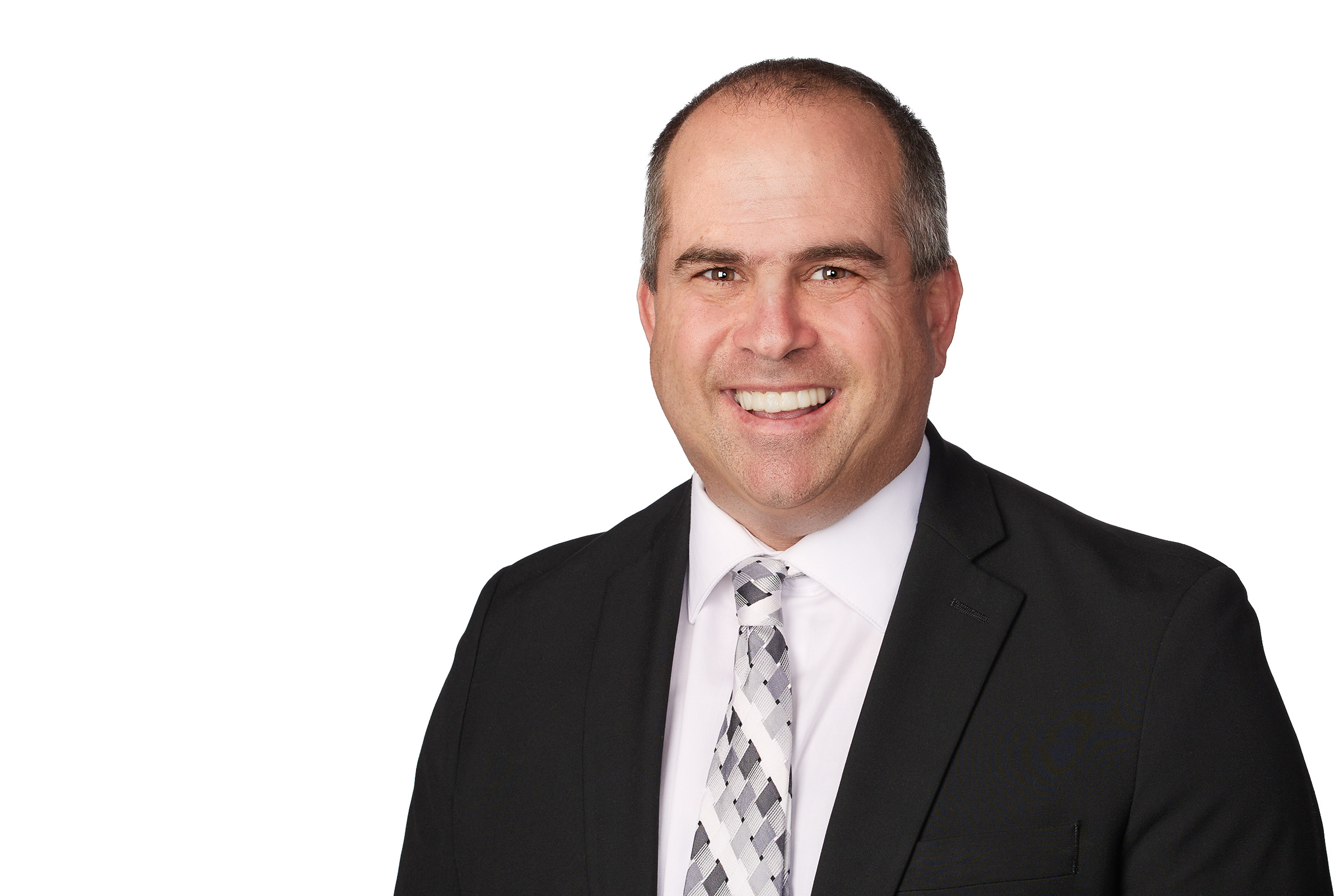Climate seminar to focus on business risks and opportunities
Registration open now through September 26.

Kevin Wilhelm
Successful companies identify and mitigate risks, whether that be a new competitor, emerging technologies, or rising supply and labor costs. Increasingly, in industries ranging from as disparate as cloud computing to fast-food restaurants, some of the biggest risks businesses face come from climate change.
Professor Kevin Wilhelm is a world leading expert in the intersection of climate change and the business world, having worked with over 300 companies on climate strategies, including Delta Airlines, NY Life, Nordstrom, REI, Expedia, Alaska Airlines, Whole Foods, and many more. Wilhelm will be bringing that expertise to an upcoming Foster School of Business Climate Change Certificate Program aimed at managing climate risks and developing business opportunities.
For some businesses, these risks come from evolving industry standards, as the practices of vendors to companies such as Amazon and Microsoft are crucial to them reaching their climate pledges. Other impacts are more direct, related to the increase in extreme weather, flooding, and wildfires. But no company, from global conglomerates to local small businesses, is immune from the impacts of a warming planet.
“The seminar is designed to rapidly enhance attendees’ understanding of how climate change can impact business, and what an organization can do,” he says. “We’ll examine how businesses can improve their operations and position their brand in this area while reducing their environmental impact.”
Registration is open now through September 26. UW alumni receive a 10% discount off the cost of the seminar.
Kevin Wilhelm will be joined by executives and researchers, including Kirk Myers, the former corporate social responsibility director of Alaska Airlines and REI, and Charlie Donovan, visiting Professor of Finance at Foster. Also scheduled to appear is Hyoeun Jenny Kim, Deputy Minister for climate change in the Ministry of Foreign Affairs of the Republic of Korea. For a full list of speakers, please view the course website.
“The seminar is designed to be tailored to each individual organization’s needs,” Wilhelm says. “We will be providing high-level information on what’s going on in the marketplace. It’s not an environmental seminar; it’s for businesspeople. We’ll be providing an overview of the drivers — regulatory, financial, brand, and customer — that are pushing organizations to make changes.”
Wilhelm says the seminar would be beneficial not just for those working specifically on sustainability but also employees who may not be directly responsible for environmental efforts but play an integral role as a core member of the organization.
He emphasizes that climate change need not be a political issue, but the effects of changing weather patterns will impact all businesses, from sports teams to hospitals, presenting both risks and opportunities for those organizations.
“We’ll cover how organizations can first identify and mitigate risk,” he says. “As well as how they can flip the risk side on its head and find opportunities for market growth, brand value, and engaging with their customers on how they are doing things differently.”
The seminar will have three sessions. Session one will be held on October 10, 2023 in person at the University of Washington campus. Topics covered will include understanding market and regulatory requirements around climate change and how organizations are taking action throughout their value-chain.
Session two is a live online event scheduled for October 23, 2023. It will cover aligning US actions with global actions, regulations, and frameworks.
The final session will be in person on campus on November 7, 2023. Sindhu Knotz, a social justice expert with the consulting firm Plan B, will cover the intersection of climate, social justice, diversity, equity, and inclusion.
Climate Change Certificate Program registration
Registration is open now. Register by September 26, 2023 to attend.
UW alumni receive a 10% discount.
Reserve your spot.
